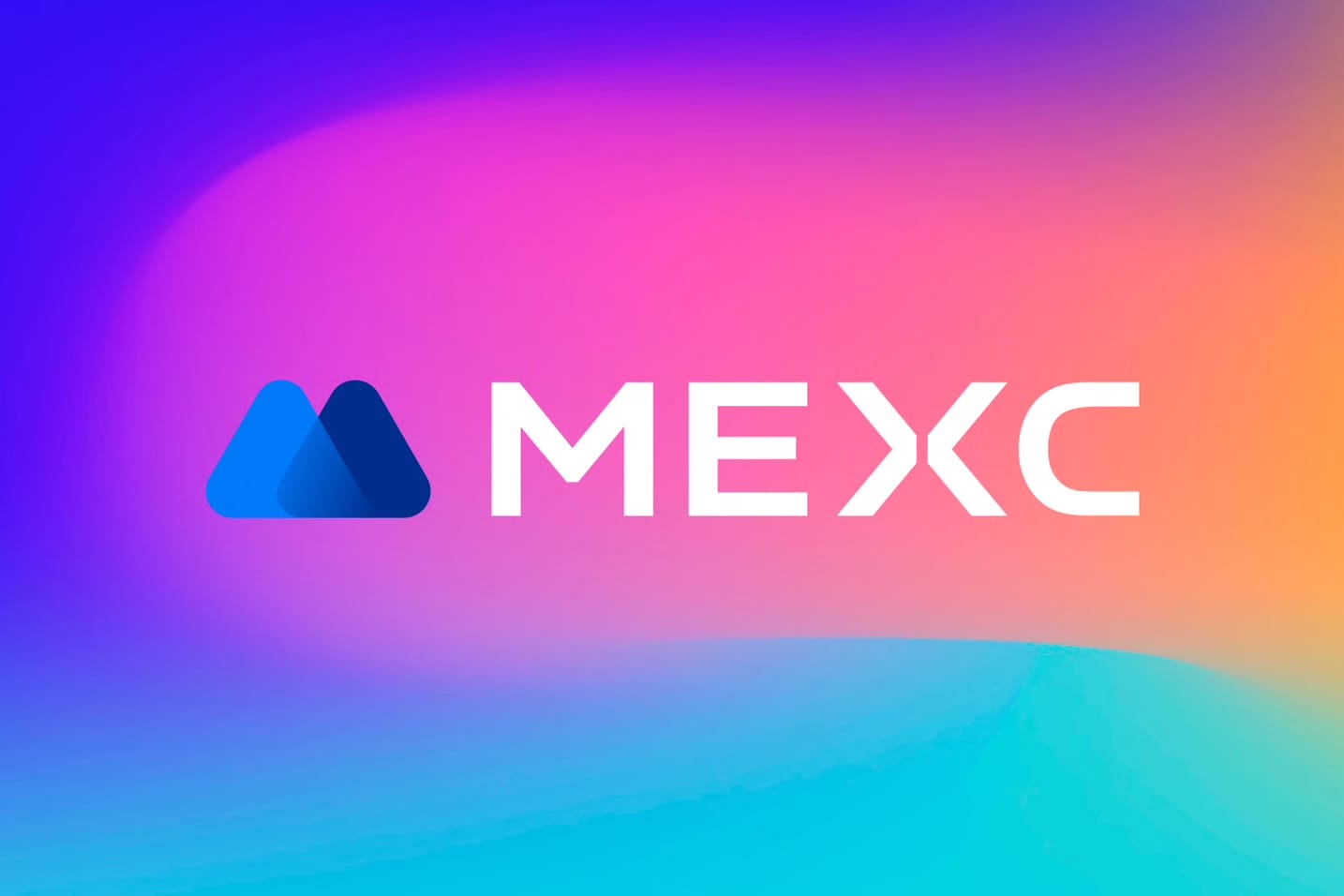Crypto Trader’s $3 Million MEXC Exchange Freeze Sparks $2.5 Million Bounty

A pseudonymous cryptocurrency trader known as “The White Whale” has ignited a firestorm in the crypto community by accusing MEXC, a major centralized exchange, of freezing $3.1 million of his funds without clear justification.
The dispute, which erupted into public view through a series of viral posts on X beginning August 24, 2025, has escalated with the trader launching a $2.5 million bounty campaign to pressure the exchange for transparency and the release of his assets.
This high-stakes clash highlights growing tensions between traders and centralized platforms, raising critical questions about accountability and fairness in the crypto industry. The White Whale’s campaign has struck a chord, amplifying concerns about the unchecked power of exchanges and their opaque risk management practices.
I Need Your Help - And I'm Putting a $2M Bounty Up For Grabs (half can be claimed by YOU)
— The White Whale (@TheWhiteWhaleHL) August 24, 2025
Let me start by saying - "I know, I was dumb" (more on that in the FAQs, but no need to comment how dumb I was - I just beat you to it)
In July 2025, @MEXC_Official froze over $3 million… pic.twitter.com/o2OAtcnR55
A Trader’s Fight Against an Exchange
In July 2025, The White Whale alleges that MEXC froze $3,158,572.32 in his account, citing no specific violations of its terms of service. The trader, who claims to have earned $100 million through skillful trading, asserts that his consistent outperformance of MEXC’s external market makers—firms responsible for providing liquidity through buy and sell orders—prompted the freeze. Despite completing advanced Know Your Customer (KYC) procedures, including face verification and proof of address, he was informed that a review process could take up to 12 months with no updates or documentation provided. This lack of clarity has led him to question whether MEXC is punishing him for being “too profitable,” a sentiment echoed by other traders reporting similar freezes.
The situation took an unusual turn when MEXC allegedly requested that The White Whale travel to Malaysia for an in-person meeting with its leadership to expedite the release of his funds. According to screenshots shared by the trader, verified as authentic, the exchange’s global head of customer service extended an “exclusive invitation” for “in-depth communication.” The White Whale rejected this, citing safety concerns amid rising crypto-related kidnappings and noting that MEXC’s terms do not mandate in-person KYC. He described the request as coercive, arguing it was an attempt to intimidate him into compliance while his funds remained inaccessible.
In response, The White Whale launched a bold social media campaign, initially offering a $2 million bounty to rally community support. By August 26, 2025, he increased this to $2.5 million, allocating $1.25 million to the first 20,000 participants who mint a free non-fungible token (NFT) on the Base blockchain and tag MEXC or its chief operating officer on X with the hashtag #FreeTheWhiteWhale. The remaining $1.25 million is pledged to verified charities with on-chain donation receipts, emphasizing transparency. The campaign encourages participants to update their profile images with provided artwork to amplify pressure on the exchange, reflecting a growing trend of community-driven activism in the crypto space.
MEXC has defended its actions, stating that the freeze resulted from risk control measures triggered by activities associated with the account, not profitability. The exchange clarified that its 12-month review period applies only to accounts flagged for coordinated violations, high-risk activity, or compliance concerns. However, it has provided no specific evidence to support these claims, and its request for in-person verification is extremely uncommon among major exchanges like Binance or Coinbase and has drawn scrutiny. The White Whale and other affected traders, including one who reported a $2 million Tether (USDT) freeze in April 2025, argue that MEXC’s vague responses and prolonged reviews highlight a broader issue of accountability in centralized platforms.
Stay In The Loop and Never Miss Important Crypto News
Sign up and be the first to know when we publishBroader Concerns and Industry Impact
The White Whale’s public battle underscores a critical vulnerability in centralized exchanges: their ability to restrict user funds with limited transparency. His allegations suggest a pattern, with other traders reporting similar experiences of multi-million-dollar freezes and automated responses citing year-long reviews. Research from Acheron Trading, referenced by The White Whale, indicates that 78.5% of new token launches between April and June 2024 disrupted fair price discovery, often due to market maker practices that prioritize exchange interests. This raises questions about whether centralized platforms may target successful traders to protect their liquidity providers, creating a conflict of interest that undermines user trust.
The campaign has also sparked volatility in MEXC’s native MX token, reflecting investor unease. The White Whale’s strategy of leveraging NFTs and social media to mobilize the crypto community demonstrates the growing power of decentralized tools to challenge centralized authority. His call to action, “The minnows are becoming sharks and yes, even whales,” resonates with traders wary of exchanges operating in jurisdictions with limited regulatory oversight, where legal recourse is often impractical. This incident has reignited debates about the need for standardized Proof of Reserve disclosures and clearer guidelines to protect users from arbitrary freezes.
As of August 27, 2025, MEXC has not publicly addressed The White Whale’s latest allegations. The trader remains defiant, vowing to continue his fight until his funds are released, and his campaign continues to gain traction on social media.

